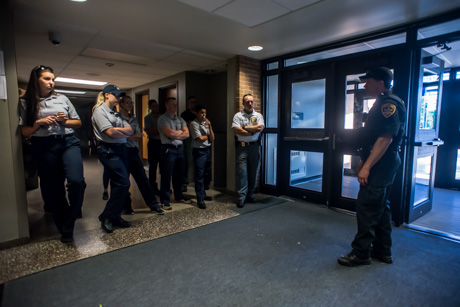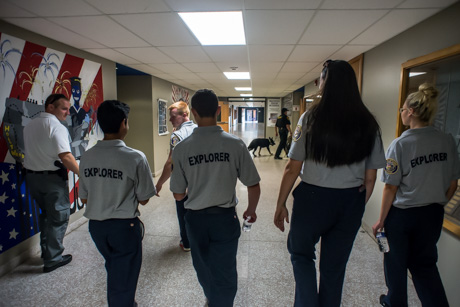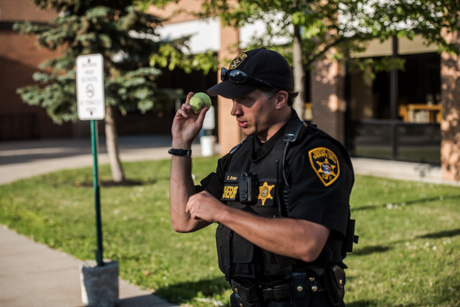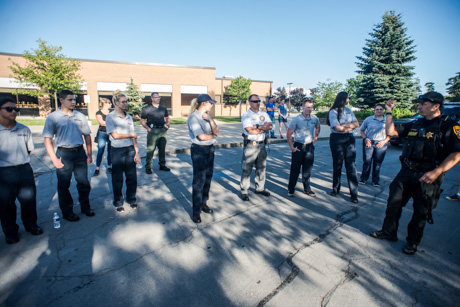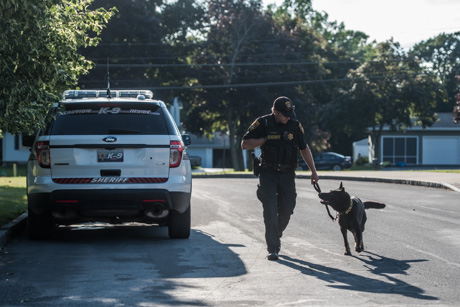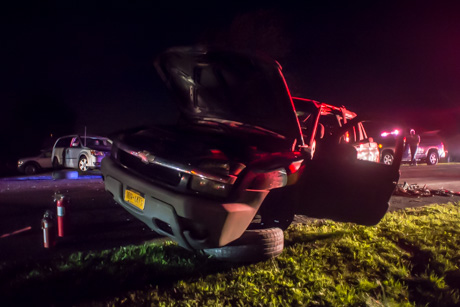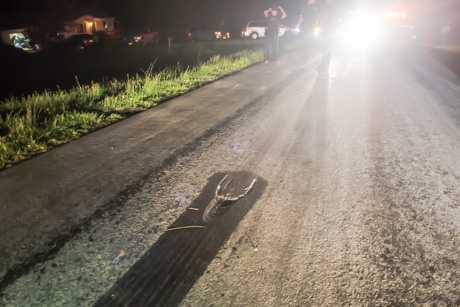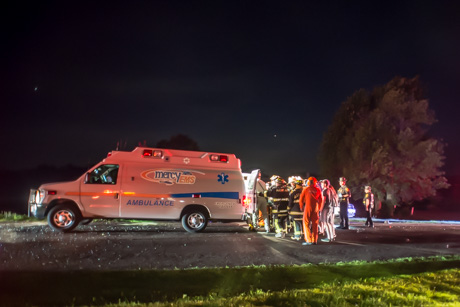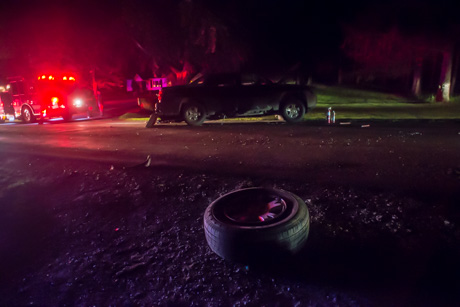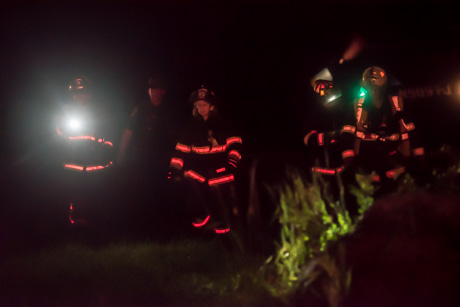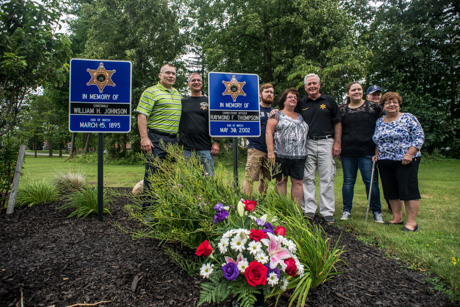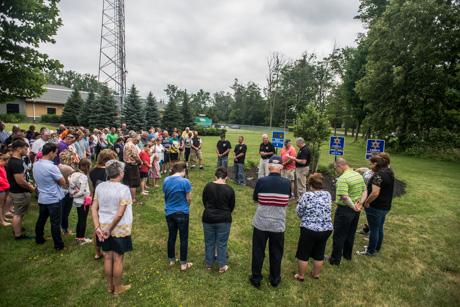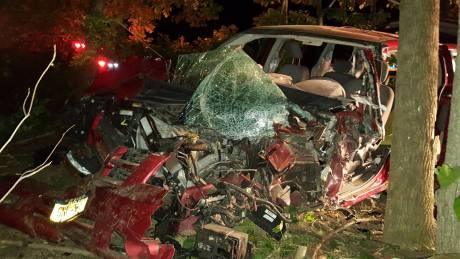City Council has called a special business meeting tonight (7 o'clock, City Hall, Council Board Room) to consider a pair of resolutions dealing with the community's Comprehensive Plan update.
The governing body is expected to act on a resolution establishing the City as the lead agency for the State Environmental Quality Review Act (SEQR) for the draft Comprehensive Plan and a measure to set a public hearing on the proposed plan for 7 p.m. Aug. 14.
The Comprehensive Plan update is one of six items on the agenda of Council's Conference Meeting. A five-resolution Business Meeting -- which also includes a report from the Deer Management Task Force -- also is scheduled for tonight.
In a memo to Council dated July 5, City Manager Jason Molino stated that the Council-appointed Comprehensive Plan steering committee has worked with Elan Planning, Design & Landscape Architecture PLLC over the past 18 months and has engaged community participation in an effort to update the document that outlines the City's vision for the next 10 years.
"The relationship between the comprehensive plan, zoning law and the local boards that implement the land use system are all interrelated," Molino wrote. "Most importantly, the future land use map sets the foundation for the City's zoning, based on feedback and input from businesses and residents on what they would like the Batavia of tomorrow to look like."
Molino pointed out that the City Plannining & Development Committee already has scheduled a public hearing on the matter for July 18. He recommends that City Council pass the resolution scheduling its public hearing for Aug. 14, which then could be considered for adoption at the Sept. 11 Council meeting.
Once adopted, Molino wrote, the Comprehensive Plan will require zoning code updates consistent with the new plan, adding that the City has money in a committed fund balance to support zoning code updates.
As far as the City's deer management strategy is concerned, a special task force met a dozen times since April 2016, with its activities including identifying problem areas, collecting pertinent data, conducting a survey of residents and looking at deer managements plans of two Michigan communities -- East Lansing (which takes a "deer-related impact" approach) and Meridian (which uses a bow hunting club to control the deer population).
In a memo dated June 29, the task force reports that the City "should not take a lethal approach to managing the deer population, but rather manage deer-related impacts."
The committee outlined several reasons for its recommendation:
-- The density of the City, little public land and an "inadequate environment to hunt in most (of its) areas."
-- Deer damage has been limited to select areas of the City.
-- There have not been a significant amount of deer-vehicle accidents in the City.
-- Response to the survey was low and suggested that the issue "did not rise to the attention that a lethal and proactive initiative needed to be undertaken ..."
-- Of those who did respond to the survey, half suggested lethal action and half opposed lethal action.
The committee's report does call for the implementation of a deer management website (link on the City of Batavia's website), conducting a public survey every two to three years to monitor activity, and to allow property owners to hunt within City limits, as long as they follow the parameters of the NYS Environmental Conservation Law which restricts the discharge of a gun, bow or crossbow within certain distances of residences and buildings.

